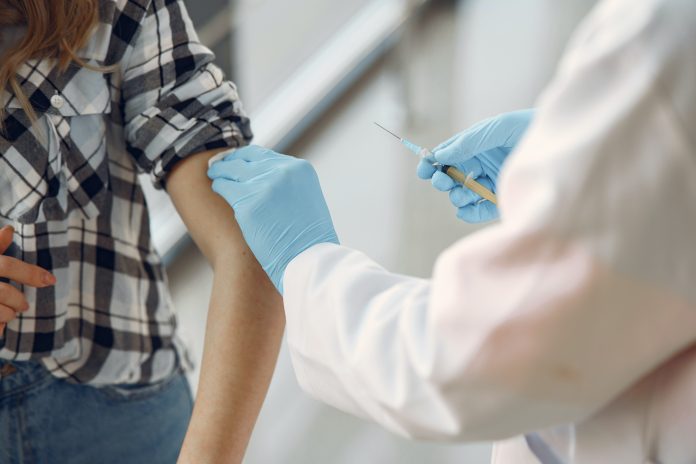Pennsylvania will expand its partnership with Rite Aid Pharmacy to vaccinate 9,000 individuals with physical disabilities and older Pennsylvanians participating in DHS’ home and community-based long-term services and supports programs during vaccination clinics through March and April.
To date, 20,000 vaccines have been administered through this partnership to residents and staff of long-term and congregate care settings.
“As Pennsylvania continues to make progress vaccinating people in Phase 1A, we know that there are people who want a vaccine, but may need extra help to safely get to a vaccination site. These clinics will ease access for people who may not be as well-resourced or connected to other options for vaccines, and because of this, ensure people who are most at-risk are safe and vaccinated,” said Department of Human Services Secretary Teresa Miller. “I want to acknowledge and thank Rite Aid, as well as our Community HealthChoices managed care organizations and LIFE Program partners, that are making this effort possible. This partnership is ensuring that we are getting vaccine supply to communities and people that have been most affected by COVID-19 – a necessity for an equitable vaccination process.”
In January, Pennsylvania established the Rite Aid partnership to administer COVID-19 vaccinations to residents and staff of DHS-licensed long-term care and congregate care settings, serving seniors, people with intellectual disabilities, and people with mental illness and other behavioral needs. This partnership was expanded in February to include residential treatment facilities licensed by the Department of Drug and Alcohol Programs.
DHS oversees two programs designed to provide older Pennsylvanians and people with physical disabilities who prefer to live in their community rather than a residential facility with services, supports and daily care to safely live in their own home – Community HealthChoices and the Living Independence for the Elderly, which serve approximately 350,000 and 7,000 people statewide, respectively. Both serve lower-income people who qualify for Medicaid.
Vaccination clinics for program participants will be held around the commonwealth. Click here for more information.


